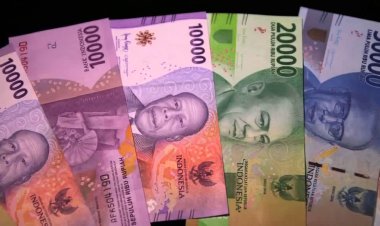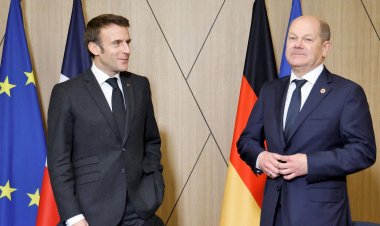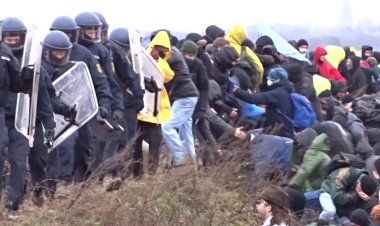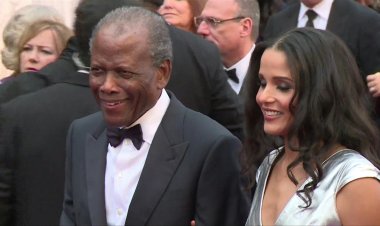Montenegro government toppled in no-confidence vote
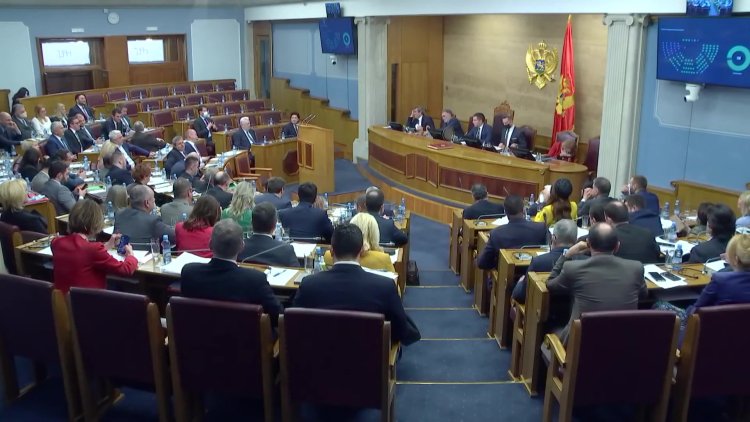
Montenegro's government was set to be dissolved following a no-confidence vote late Friday that sent the country's prime minister packing.
The vote follows months of building tensions in the Balkan nation where a dysfunctional coalition government elected in 2020 has failed to make any tangible progress in passing reforms since taking power.
"Things are not working. It is our responsibility to offer a solution and move to a new stage of development for the sake of the country's European future," said parliamentarian Milos Konatar, a member of the ruling coalition, ahead of the vote.
Of the parliament's 81 members, 43 voted in favour of the no-confidence motion, while 11 opposed the measure with the remaining MPs abstaining.
A day ahead of the motion, Prime Minister Zdravko Krivokapic conceded that there was little chance of surviving the vote, saying he would likely be forced to step down.
Krivokapic, a 63-year-old former engineer and professor, rose from relative obscurity to lead the opposition coalition that overthrew decades of socialist-led rule led by the country's powerful President Milo Djukanovic.
After taking power in late 2020, Krivokapic vowed to pave the way for the country's accession to the European Union, telling in an interview that "Montenegro is going to become the 28th member state of the EU".
But Krivokapic and his disparate group of coalition partners -- which included centrist parties and right-wing groups, including pro-Serbian and pro-Russian outfits -- made little headway as they were dogged by bitter infighting.
The tiny country along the Adriatic has long been plagued by disputes over identity, including a recent clash last year when protesters calling themselves "Montenegrin patriots" tried to prevent the inauguration of a new leader of the Serbian Orthodox Church in Montenegro.
Friday's parliamentary motion was supported by the lion's share of the opposition along with some members of the ruling coalition.





